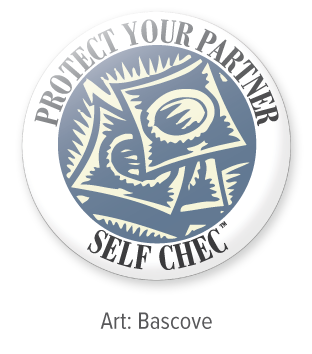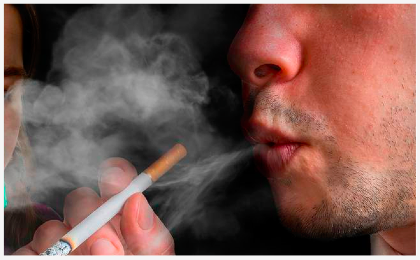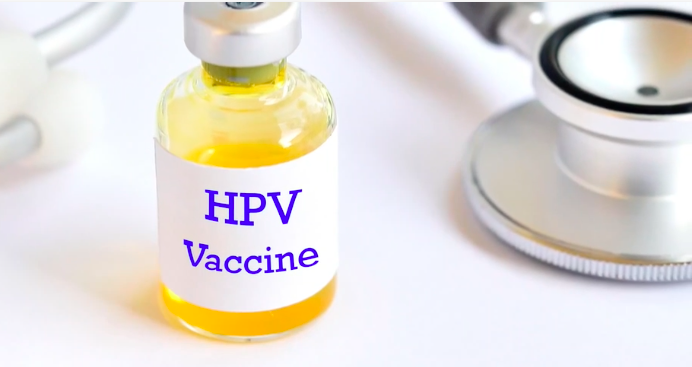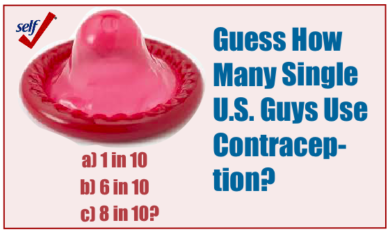What You Need To
Know That Makes Sex Unsafe
- Having sexual contact without protection. One partner could be infected with a Sexually Transmitted Disease (STD) that can be passed to the other.
- Not taking precautions with a new sex partner. To be safe, unless test results show otherwise, take the same precautions you would if you thought a sex partner was infected. Unfortunately, there’s no way to know if someone is infected by how he or she looks. A new sex partner might lie to you about having an STD.
- Not knowing that negative tests can turn into positive ones. Even someone who tested negative in the past might be infected now—he or she might have been infected after being tested or might have gotten the test too soon after an exposure for it to show up, such as in the case of HIV.
- Not knowing how HIV is transmitted. Most concern about STDs centers on the transmission of HIV. The greatest risk is when blood or sexual fluid touches the mucous membranes inside the rectum, vagina, mouth or tip of the penis. It’s important to know that HIV can be in the pre-ejaculate fluid that comes out of the penis before orgasm as well as in semen.
- Cuts, sores or bleeding gums—all of these are breaks in your body’s protective barrier that increase the risk of spreading HIV and other STDs.
Resource: International Association of Providers of AIDS Care
Learn More About How To Make Sex Safer













